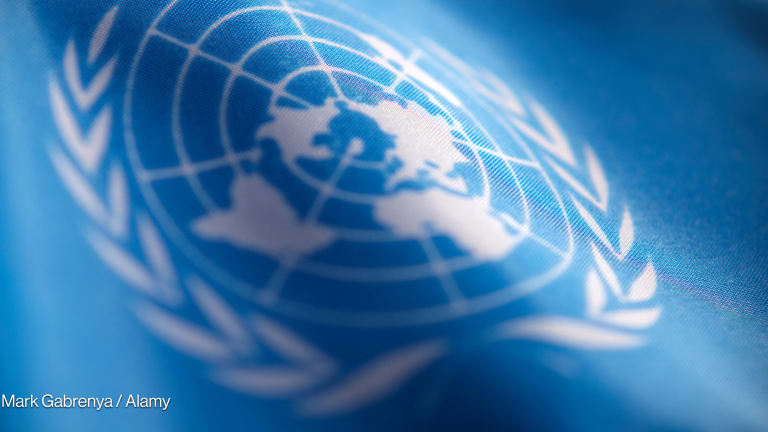Six years after the international community united to adopt United Nations Resolution 2417, which condemns the starvation of civilians as a weapon of war and the unlawful denial of humanitarian access, both practices seem to have made an alarming return.
The conflicts in Gaza, Ukraine, Sudan, Yemen, and Ethiopia have revealed their devastating human toll.
During a Devex event Wednesday held alongside the 79th United Nations General Assembly in New York, experts discussed how donors and humanitarian players can more effectively prevent the weaponization of aid. They also emphasized the importance of moral leadership and accountability when prevention efforts fall short.
Printing articles to share with others is a breach of our terms and conditions and copyright policy. Please use the sharing options on the left side of the article. Devex Pro members may share up to 10 articles per month using the Pro share tool ( ).








